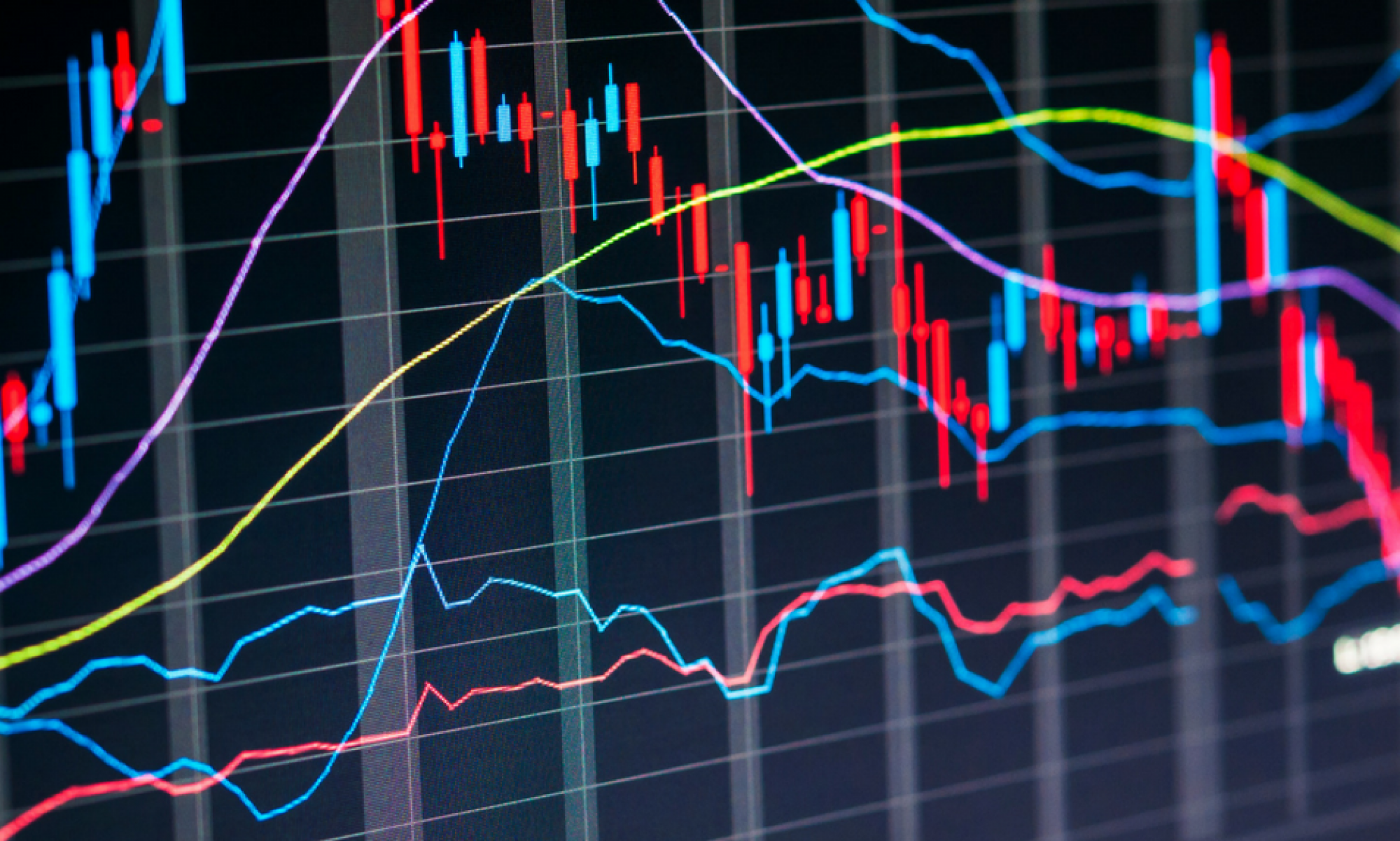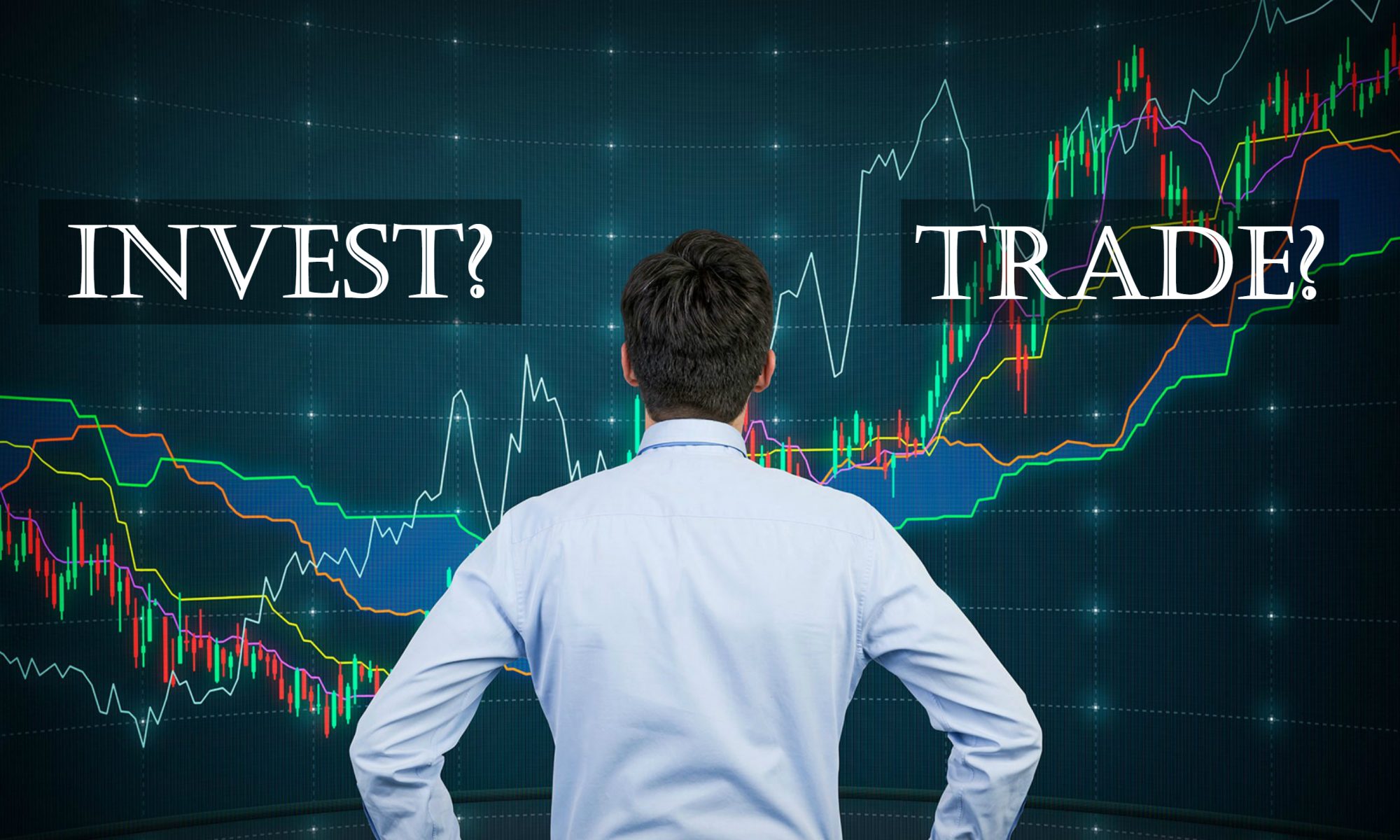What is Forex & How Does it Work?
Foreign exchange is the trading of currencies of various countries. You can buy and sell these currencies because their value changes every hour. You can buy or sell the currencies directly. Most commonly, people will trade them in pairs. In other words, they will buy one currency directly against the other currency. Investors would buy the U.S. Dollar and sell the Euro as the two trade directly against each other.
The
Foreign Exchange Market
The foreign exchange market is truly a 24-hour market that investors can trade
anytime. In this sense, it is better than the stock market, which is only open
a certain part of the day. Foreign exchange trading crosses the globe as the
trading passes from market to market depending on the time of day. Practically
every global currency is traded on the global market.
The forex market is less volatile than the stock market. This makes it more
attractive for novice traders who are trying to get a feel for the markets.
There is less of chance that you are dealing with a giant move in the currency,
and news will impact currencies less it does stocks. In other words, you do not
have to deal with the specter of earnings and other corporate news.
Financial Markets and Capital
With foreign exchange trading, there is not necessarily a set
minimum to
get started. However, you will need to have adequate capital to use leverage as
you will see below. The more money you have, the bigger the size of the
position that you can take. Since currencies move less than stocks, you would
need to take bigger positions to make money. However, leverage means that
trading foreign exchange can be less capital intensive than stocks.
Leverage, Shorter Term Investing
Swing trading in the foreign exchange market is where investors can really make
or lose money. The thing with most foreign currencies is that they are not very
volatile securities. Unlike stocks that can fluctuate rapidly during the day
and overnight, currencies rarely have very large moves in one day.
In order to magnify your gains, you would use something called leverage. The
foreign exchange broker would require you to put a certain amount of money and
would allow you to take a position that is much larger than the capital that
you invest. Some brokers would even allow you to use leverage of up to 100
times the amount of capital that you have invested.
It is leverage that increases your profit potential in line with an investment
in the equity market. You really would not be able to make the same kind of
money without it. However, leverage also presents its own unique risks. When
you have a trade using leverage, the currency is allowed to move a certain
amount against you. However, once the trade reaches a certain amount, you would
lose the entire amount that you invested in the trade. The trade is allowed to
move a certain amount of “pips” before your capital would be gone.
Most foreign exchange traders use some sort of leverage to magnify their gains,
but it does come with large risks.
The amount of risk that you take on with foreign exchange all depends on the
amount of leverage that you are using. If you are heavily leveraged, foreign
exchange trading can be more risky than stocks. Using a moderate amount of
leverage will reduce the amount of risk that you are taking. You need to
carefully consider your own situation before determining if leverage is right for you.
Volume, Liquidity, Narrow & Wide Focus
One of the benefits of trading the foreign exchange market is that the spreads on currencies can be very tight. As an investor, this benefits you because you do not have to pay much more to buy the currency and do not need to surrender as much to dealers in transactions costs. Wider bid/ask spreads eat into your trading profits. The depth and liquidity that you get depends on the currency. The more heavily traded currencies will have deep and tight markets, but you may have a wider spread when trading a more obscure currency.
Foreign exchange trading can make you money if you know what you are doing and act to manage your risk. However, before you start using high amounts of leverage, you need to develop a system and take the time to practice it before you put it in motion.

